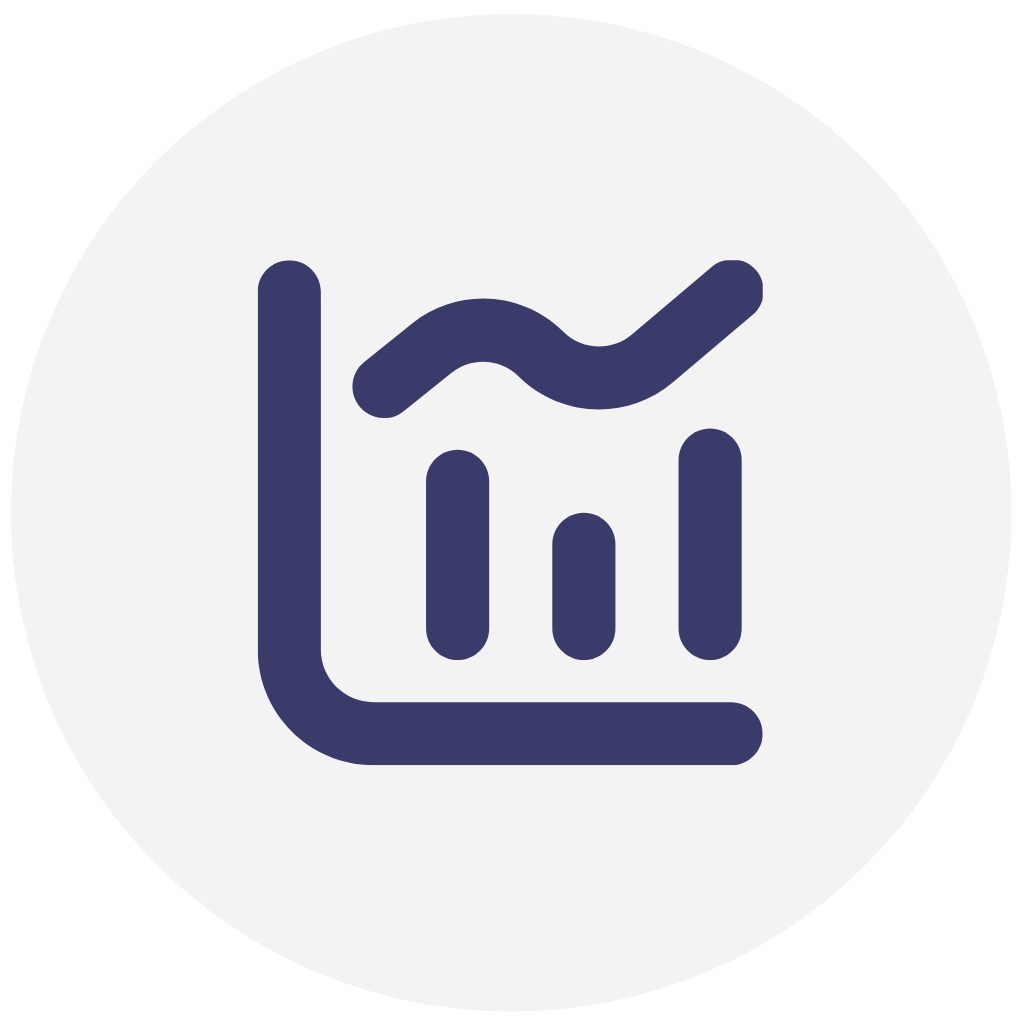Retail Data Analytics is basic to understand customers deeply, optimize operations, and make data-driven decisions to thrive. Retail data analytics comes into play to transform raw data into actionable insights that drive growth and innovation.
What is Retail Data Analytics?
Retail data analytics involves the collection, processing, and analysis of data generated by various retail activities. This data comes from multiple sources such as sales transactions, customer interactions, inventory levels, and market trends. By leveraging advanced analytical techniques, retailers can uncover patterns, trends, and correlations that inform strategic decisions and improve overall business performance.
Key Benefits of Retail Data Analytics
Enhanced Customer Experience
Retailers can analyze customer behavior and preferences to tailor personalized shopping experiences. This includes personalized marketing campaigns, product recommendations, and targeted promotions that resonate with individual customers.
Inventory Optimization
Effective inventory management is crucial for minimizing costs and maximizing sales. Data analytics helps retailers predict demand, avoid overstocking or understocking, and streamline supply chain operations to ensure the right products are available at the right time.
Improved Sales and Marketing Strategies
By analyzing sales data, retailers can identify which products are performing well and which are not. This insight allows for more effective pricing strategies, promotional campaigns, and product placement to boost sales and profitability.
Operational Efficiency
Retail data analytics can uncover inefficiencies in store operations, such as staffing levels, checkout processes, and product placements. Optimizing these aspects leads to smoother operations, reduced costs, and enhanced customer satisfaction.
Competitive Advantage
In a competitive retail landscape, having access to real-time data and insights provides a significant edge. Retailers can quickly adapt to market changes, respond to customer demands, and innovate faster than their competitors.
Implementing Retail Data Analytics
To successfully implement retail data analytics, retailers should follow these steps:
Data Collection
Gather data from various sources, including point-of-sale systems, e-commerce platforms, customer loyalty programs, and social media. Ensure the data is accurate, complete, and up-to-date.
Data Integration
Combine data from different sources into a unified system. This often involves using data integration tools and platforms that can handle large volumes of data and ensure seamless data flow.
Data Analysis
Utilize analytical tools and techniques such as descriptive analytics, predictive analytics, and prescriptive analytics. These tools help in identifying trends, forecasting future scenarios, and providing recommendations for action.
Actionable Insights
Translate analytical findings into actionable strategies. This involves collaboration between data analysts and business decision-makers to ensure insights are effectively implemented in marketing, sales, inventory management, and other areas.
Continuous Monitoring
Retail data analytics is an ongoing process. Continuously monitor key performance indicators (KPIs) and adjust strategies based on the latest data insights to stay agile and responsive to changes.
Challenges and Considerations
While retail data analytics offers numerous benefits, retailers may face challenges such as data privacy concerns, integration complexities, and the need for skilled personnel. Addressing these challenges requires a clear data strategy, investment in technology, and a commitment to building a data-driven culture within the organization.
Conclusion
Retail data analytics is a game-changer for the retail industry, providing the insights needed to enhance customer experiences, optimize operations, and drive business growth. By harnessing the power of data, retailers can make informed decisions that set them apart in a competitive market. Embracing retail data analytics is not just an option—it’s a necessity for those looking to succeed in today’s data-driven world.
For expert guidance and comprehensive solutions in retail data analytics, contact Flame Analytics. Their team of professionals can help you unlock the full potential of your retail data and drive your business forward.

 People Counting
People Counting Conversion Analytics
Conversion Analytics Customer Behavior
Customer Behavior Occupancy Management
Occupancy Management Queue Analytics
Queue Analytics Restroom Management
Restroom Management Guest Wifi Marketing
Guest Wifi Marketing Corporate WiFi Access
Corporate WiFi Access Retail
Retail Shopping malls
Shopping malls Hospitality
Hospitality Public Venues
Public Venues